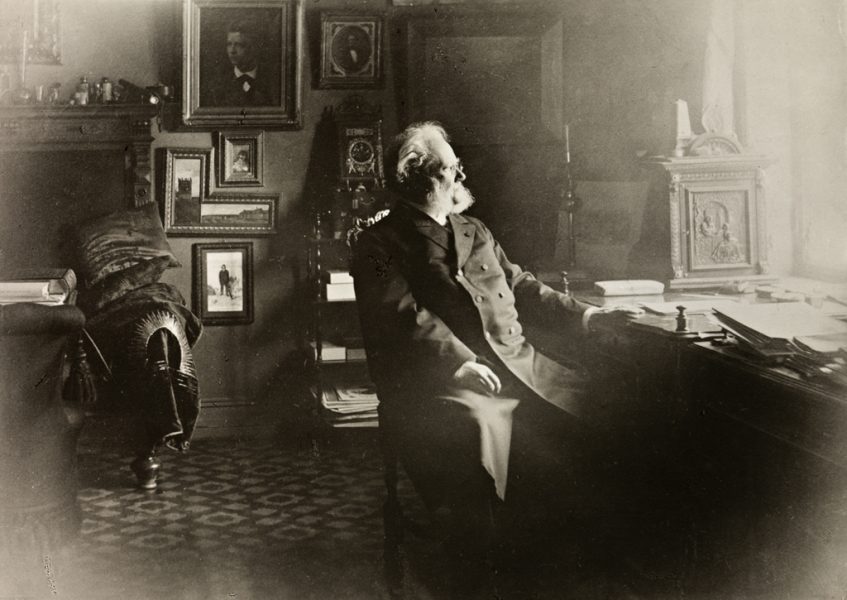Translated Literature Spotlight: Henrik Ibsen’s A Doll’s House

Rosie Batsford discusses censorship and feminist ideology in relation to Henrik Ibsen’s 1879 play A Doll’s House.
On the 4th of December 1879, the first performance of Norwegian playwright Henrik Ibsen’s A Doll’s House (Et dukkehjem) took place. The contents of this play caught international attention due to its controversial feminist ideology; following the debut, one Swedish hostess asked on her lunch invitations: “You are politely requested not to discuss Ibsen’s new play” due to uproar. The narrative’s conclusion was a particular area of contention, which sees Nora, the play’s protagonist, leave the family home to seek autonomy beyond the forced performances of wife and mother she faces within the home, in pursuit of fulfilling “my duty towards myself”.
Performances of A Doll’s House were initially heavily censored, facing bans in Britain and China for decades, and wasn’t faithfully performed until 1885. Many adaptations saw Nora return home, deciding that her family needed her more than she needed freedom. Ibsen was infuriated by the changes and called it a “barbaric outrage”.
Performances of A Doll’s House were initially heavily censored, facing bans in Britain and China for decades, and wasn’t faithfully performed until 1885
Nora defies expectations for 19th-century women from the start, having a job and taking out a loan in her husband Torvald’s name – an arrangement he is unaware of. This taste of freedom enthrals her: “it was a tremendous pleasure… it felt like being a man”. Across the three acts, Nora grows her confidence, finding a voice to speak against her husband and the social expectations for a woman; she grows tired of being a possession to a man – “He called me his little doll, and he played with me just the way I played with my dolls” – and finds disgust in the knowledge that Torvald’s adoration is dependent on her fulfilling the role of his “little skylark”, ready to be caged whenever he wishes. The play also explores the sacrifices expected of women, sacrifices no man would be expected to make, as her husband admits, “No man can be expected to sacrifice his honour, even for the person he loves”.


